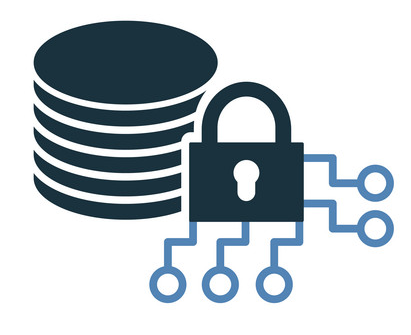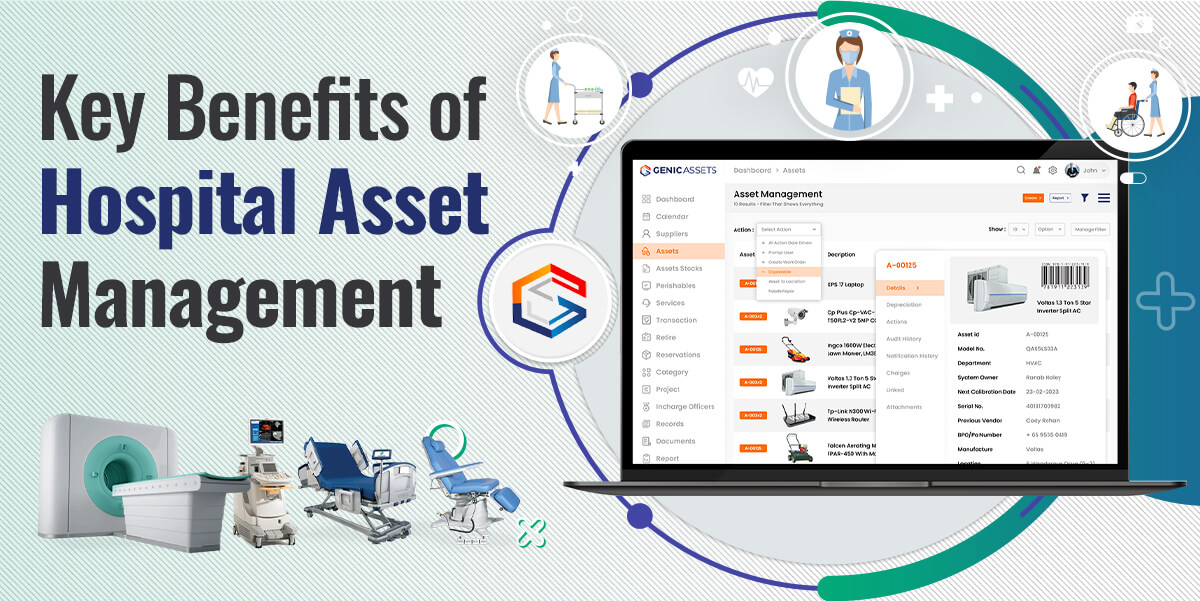
For hospitals to maintain high standards of patient care and operational efficiency, they need to manage their assets effectively. Without proper asset management, healthcare facilities face significant risks, including equipment failures, increased costs, and regulatory non-compliance. Relying on outdated systems or manual spreadsheets can exacerbate these issues. Implementing a robust asset management system provides the necessary tools to monitor, maintain, and optimize healthcare assets efficiently.
With enhanced asset visibility, hospitals can better allocate resources, schedule timely maintenance, and ensure compliance with healthcare regulations. Ultimately, the benefits of hospital asset management are extensive.
However, five key advantages stand out, making a compelling case for adopting such systems in medical facilities.
An asset management system for hospitals is a comprehensive solution designed to help healthcare facilities manage their physical assets effectively. This system integrates various tools and processes to track each asset’s lifecycle, from procurement to disposal.
It includes features like real-time tracking, maintenance scheduling, inventory management, and compliance reporting. Hospitals can ensure that all assets are accounted for, properly maintained, and utilized to their fullest potential by having a centralized system.

Implementing an asset management system in hospitals brings numerous advantages. Here are some of the most compelling reasons why hospitals should consider adopting such a system:
In a busy hospital environment, keeping track of all medical equipment can be difficult. However, an asset management system can simplify this task. These systems use technologies like barcodes, RFID tags, and GPS to provide real-time tracking of equipment. Consequently, at any given time, hospital staff can know exactly where each piece of equipment is located.
By knowing the precise location of equipment, hospitals can improve the utilization rates of their assets. For instance, if an MRI machine is underutilized in one department, it can be relocated to another department where it is in higher demand. As a result, this ensures that the hospital’s resources are used efficiently, reducing the need for unnecessary purchases and lowering operational costs.
Medical equipment must be in top working condition to provide the best care to patients. Thus, regular maintenance is crucial to ensure this. An asset management system can schedule and track maintenance activities, ensuring that no piece of equipment is overlooked. Additionally, the system can send reminders when maintenance is due and keep records of all maintenance activities performed.
This proactive approach to maintenance reduces the chances of equipment failure, which can be critical in a healthcare setting. Therefore, by keeping equipment in good working order, hospitals can avoid costly repairs and downtime, ultimately improving patient care and safety.
Hospitals operate within tight budgets, and efficient asset management can lead to significant cost savings. By keeping track of all assets and their usage, hospitals can identify underutilized equipment that can be sold or repurposed. Additionally, an asset management system can help prevent over-purchasing by providing accurate data on what equipment is available and in use.
Moreover, with detailed records of all assets, hospitals can make informed decisions about future purchases and budget allocations. Consequently, this level of financial oversight helps ensure that funds are used wisely and effectively, contributing to the hospital’s overall financial health.
Hospitals must adhere to strict regulations and compliance standards. Managing assets manually can make it challenging to meet these requirements consistently. However, an asset management system can help hospitals maintain compliance by keeping detailed records of all assets, including purchase dates, maintenance activities, and usage histories.
These records can be easily accessed and reviewed during audits, ensuring that the hospital meets all regulatory requirements. Additionally, the system can help track the lifecycle of each asset, ensuring that outdated or non-compliant equipment is replaced without any delay.
Ultimately, the primary goal of any hospital is to provide the best possible care to its patients. Efficient asset management directly contributes to this goal. When equipment is readily available and in good working condition, medical staff can perform their duties more effectively and without delays. Consequently, this ensures that patients receive timely and high-quality care.
Furthermore, an asset management system can help reduce the risk of errors. For example, accurate tracking of medical supplies can prevent stockouts or mix-ups, ensuring that the right supplies are always on hand. This reliability enhances the overall patient experience and contributes to better
If you are looking for an effective asset management solution for better management, try Genic Assets Management Software Solutions!
Effective hospital asset management directly contributes to a higher standard of patient care. Here’s how:
In emergencies, having immediate access to the necessary equipment can be life-saving. An asset management system ensures that critical devices are always available and easy to locate, reducing response times and improving patient outcomes.
Regular maintenance and timely repairs keep medical equipment in optimal condition. This means that devices are more reliable and accurate, which is essential for diagnostic and therapeutic procedures. Reliable equipment leads to more precise diagnoses and effective treatments.
Efficient asset management leads to smoother hospital operations. With accurate data on equipment availability and condition, hospital staff can plan procedures and allocate resources more effectively. This reduces delays and ensures that patients receive timely care.
Patients expect a high level of care when they visit a hospital. When equipment is well-maintained and readily available, it contributes to a more positive patient experience. Patients are less likely to experience delays or rescheduled procedures due to equipment issues.
Medical professionals rely on various tools and equipment to perform their duties. An asset management system supports these professionals by ensuring that they have the resources they need when they need them. This reduces stress and allows medical staff to focus on providing the best possible care.
By tracking the lifecycle of each piece of equipment, hospitals can plan for replacements and upgrades more effectively. This proactive approach ensures that outdated or malfunctioning equipment is replaced promptly, maintaining the highest standards of care.
Hospital asset management is a vital component of modern healthcare administration. By implementing comprehensive asset management systems, hospitals can improve resource utilization, reduce operational costs, enhance patient safety, and comply with regulatory standards. Furthermore, effective asset management directly contributes to a higher standard of patient care by ensuring quick access to equipment, better equipment performance, streamlined operations, enhanced patient experience, and robust support for medical staff.
Articles you might like



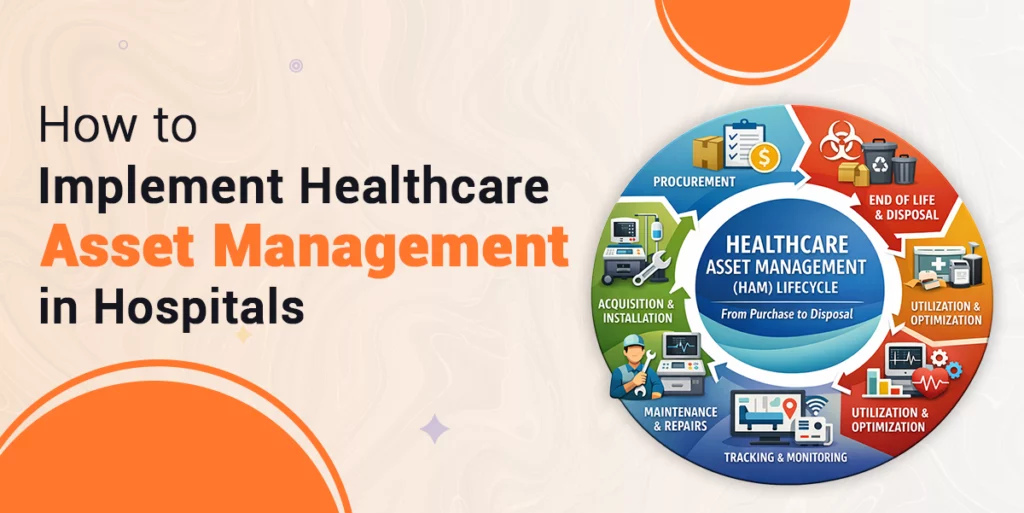
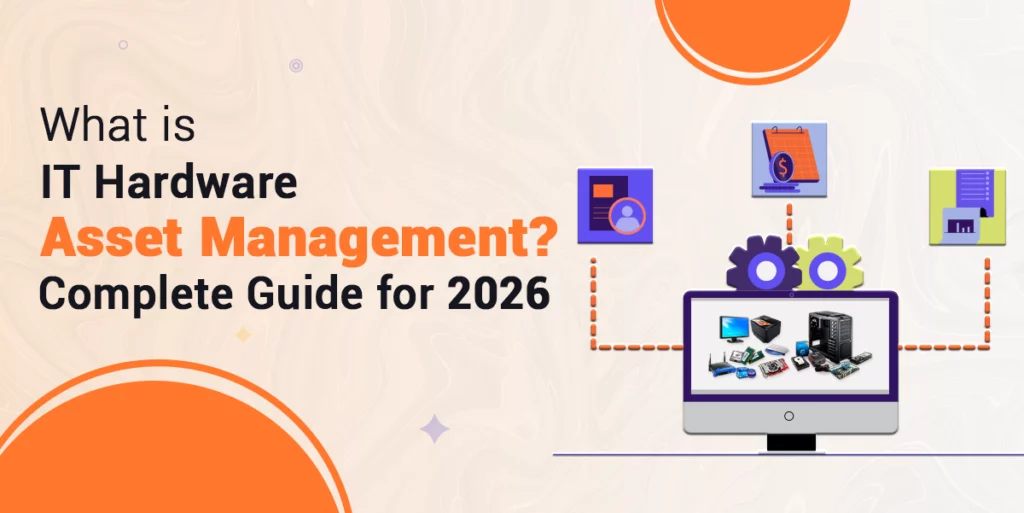
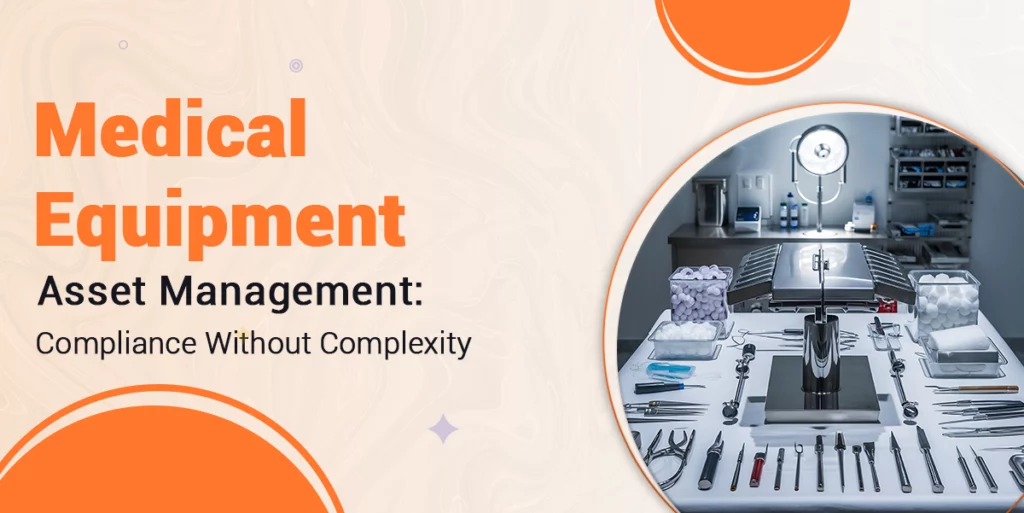


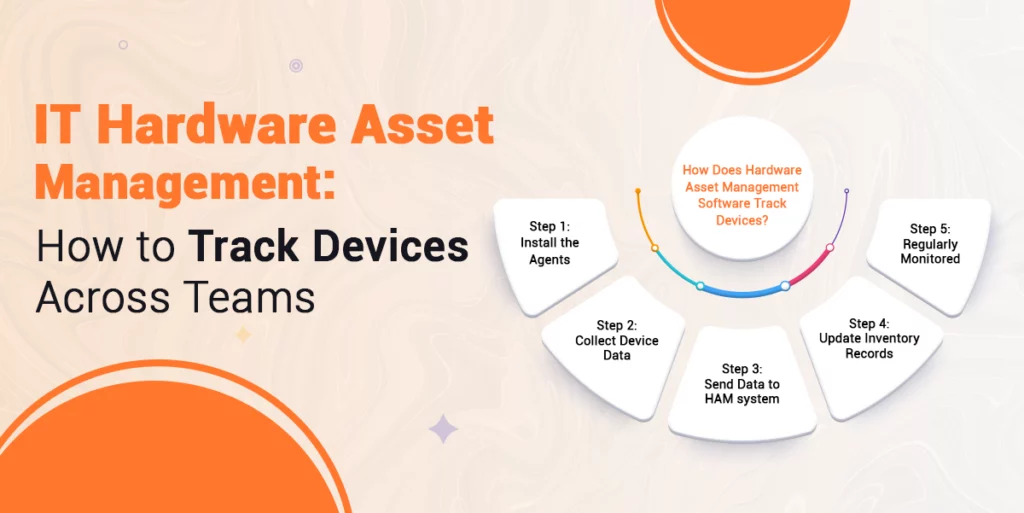

Genic Assets provide complete visibility, traceability, and accountability of your assets!
Get Started





